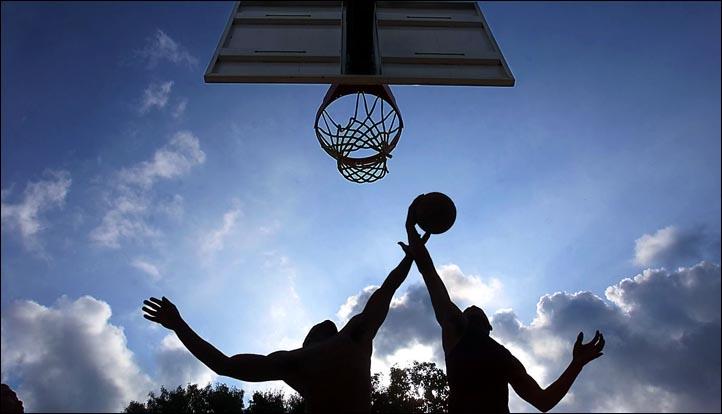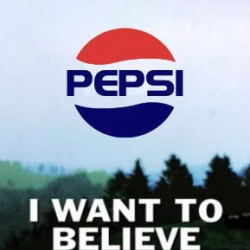There are no referees in a pick-up basketball game. Amazingly, though, pick-up games still work — they’re still fun and fair and enjoyable — because players learn to call their own fouls.
This is a skill, an ethos really, that you’ll see displayed wherever there’s a hoop and a ball and a bunch of people getting together to play. One key to making this work is an almost magical phrase: “My bad.” Admire the efficiency of that. It’s only five letters and two syllables, yet it communicates everything that needs to be said. It acknowledges the infraction and accepts ownership of and responsibility for that infraction. It accounts for the subsidiary matter of intent without allowing that to distract from the more pressing and tangible matter of the foul itself.
That pithy declaration — “my bad” — means that no further negotiation or litigation is required. The matter is settled and the game can proceed from there. I own the foul, you get the ball, we can get back to playing the game without any lingering concerns. Fouls happen in basketball. Admitting to one doesn’t make you a dirty player — a dirty player is one who never says “my bad.”

“My bad” can be just as effective, and just as important, off the court as well. Just as in basketball, it can be an efficient ritual: Accept responsibility, give up the ball, and then play on.
Outside of the context of pick-up basketball, though, we tend to make things more complicated. In the rest of life, we’re more likely to get bogged down in that secondary matter of intent. That’s understandable, because intent matters. But if we’re so intent on defending our purity of intent that we become unable to say “My bad,” then the game screeches to a halt.
Here’s a personal example: A while back I responded to some vile thing Rush Limbaugh had to say by quoting the title of Al Franken’s book. Like Franken, I was trying to punch up — trying to deflate this hurtful, hateful and harmful radio host and to subvert his damaging influence. But others called a foul. They pointed out that in trying to punch up at Limbaugh, my words were also landing punches down at other people who were hurt by those words.
My bad. My intent there mattered, but it was not exculpatory. My intent was precisely the problem — or, rather, the gap between my intent and my actual effect was the problem. There’d be no point in trying to argue about good intentions. If you really have good intentions, then you can only be aghast to realize that your effect contradicted those intentions. My intent may not have mattered much to those who were hurt by my words — they were, rightly, primarily concerned with the effect of those words. But to me, it mattered a great deal that I had failed to achieve my intended effect — that I had, in fact, achieved its opposite by punching down instead of punching up.
Good intent, if it’s actually good intent, compels one to correct the disparity between intent and effect. If you’re shown such a disparity and your only response is to defensively reassert the goodness of your intent, then you’re demonstrating that you don’t care about the effects of your words or actions — which is to say, you’re demonstrating an utter lack of good intent.
I want my intent to align with my effect. That’s what “intent” means. So I took a cue from pick-up basketball and owned the foul. My bad.
















